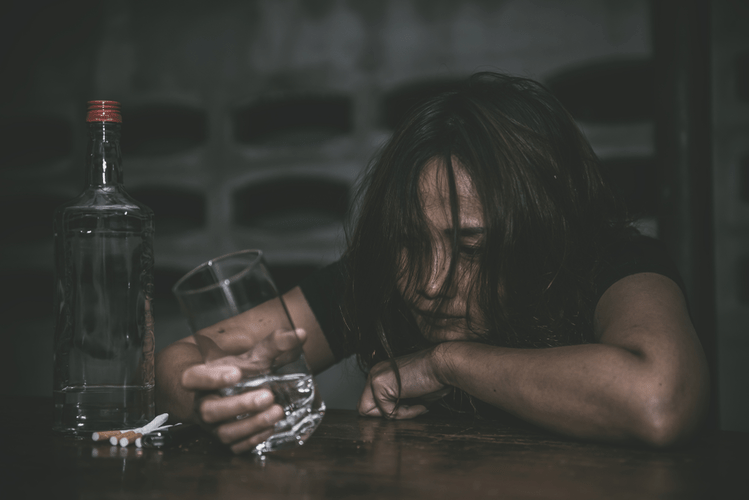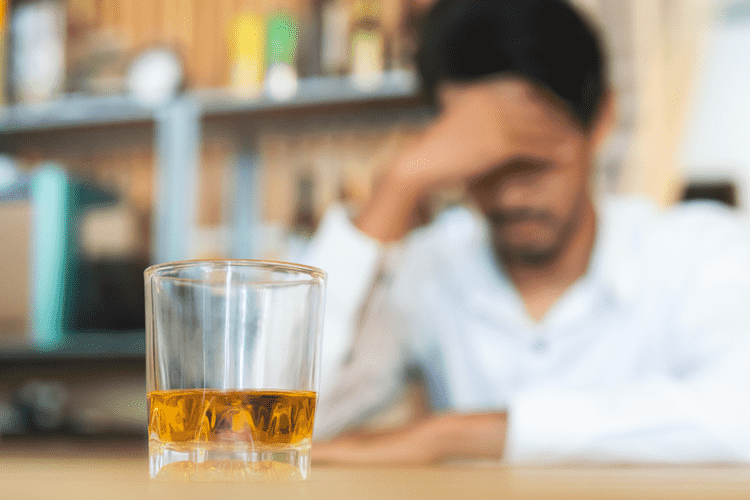It’s about creating a lifestyle that can help a person maintain their recovery goals. Part of the recovery process includes talking about relapse, and learning healthier ways to cope with triggers that can lead to it. Relapse is the return to substance abuse after being drug- or alcohol-free. It’s not uncommon for people who struggle with addictions to relapse after completing treatment, and it doesn’t mean treatment failed. Instead, a relapse signifies that additional and/or a different form of treatment is necessary.

Some people begin to feel, think or behave differently when a relapse is brewing. Using a wave metaphor, urge surfing is an imagery technique to help clients gain control over impulses to use drugs or alcohol. In this technique, the client is first taught to label internal sensations and cognitive preoccupations as an urge, and to foster an attitude of detachment from that urge. The focus is on identifying and accepting the urge, not acting on the urge or attempting to fight it4. Cognitive restructuring can be used to tackle cognitive errors such as the abstinence violation effect. Relapse prevention initially evolved as a calculated response to the longer-term treatment failures of other therapies.
Behavioral Signs
One way to prepare for this trigger is to identify the things in your life that may be causing you stress and look for ways to either eliminate those triggers or avoid situations that may raise your stress levels. Stress is normal part of life; everyone experiences it to some degree on a daily basis. Whether dealing with money worries, health concerns or family matters, those issues can trigger alcohol relapse rate a need to drink for those in recovery. People in your life who may have contributed to your alcohol use may be a potential trigger for relapse. This could be anyone from a close friend to family members or even your coworkers. When you’ve made the decisions to quit drinking, it can affect these relationships if they don’t support your sobriety or minimize the effects of alcohol in your life.
- If addiction were so easy, people wouldn’t want to quit and wouldn’t have to quit.
- Learning how to make a relapse prevention plan and going through the process of creating a relapse prevention plan could be the difference between longer periods of sobriety and repeated relapse.
- It also enables you to build resilience and reduces the chances of relapse.
- Discussions often revolve around dealing with everyday situations without turning to substances.
- As time passes, it may be important to revisit your relapse prevention plan.
- Long-term solutions for managing relapse are about preventing relapse as much as possible.
Many therapists also now offer teletherapy options via phone or video conference as well as a number of therapy apps that can connect you to a therapist at any time. Especially in the early days of recovery, it is important to avoid such places and find new locations to get together with friends. Being sober doesn’t mean you have to give up all the things and places https://ecosoberhouse.com/ you once loved, but knowing which destinations could be your biggest triggers, can potentially help you avoid picking up a drink again. Have someone on call for weak moments when you might slip back into your old habits. A good friend can talk you down and remind you of all the wonderful things in your life worth protecting by staying off drugs and alcohol.
What is Relapse?
Since they’ve likely been in your shoes, they may have some insight and suggestions. Contacting the supportive people in your life can have a tremendous impact on cravings and relapse. Try to brainstorm a list of scenarios that could lead to potential relapse and list the warning signs of relapse.

Denied users invariably make a secret deal with themselves that at some point they will try using again. Important milestones such as recovery anniversaries are often seen as reasons to use. Alternatively, once a milestone is reached, individuals feel they have recovered enough that they can determine when and how to use safely.
Recommended Alcohol Rehabilitation-Related Articles
Every time we confront a known trigger, we will thereafter have a hot cup of tea and read a book (or whichever routine you like most). This way, we can create grounding rituals and coping routines for each of our stressors and triggers. It can bring on feelings of shame, frustration, and often cause someone to feel as if they are incapable of changing their behavior or achieving their goals.

Many support group options exist outside of the 12-step model, so don’t let bad experiences stand in the way of your recovery. Explore new options to connect with new people who understand the struggles of addiction. Regardless, it is important to consider the following items when creating a relapse prevention plan. The core concept of mindfulness is paying attention, awareness, or focus on what you’re doing, where you are, who you’re with, and more.